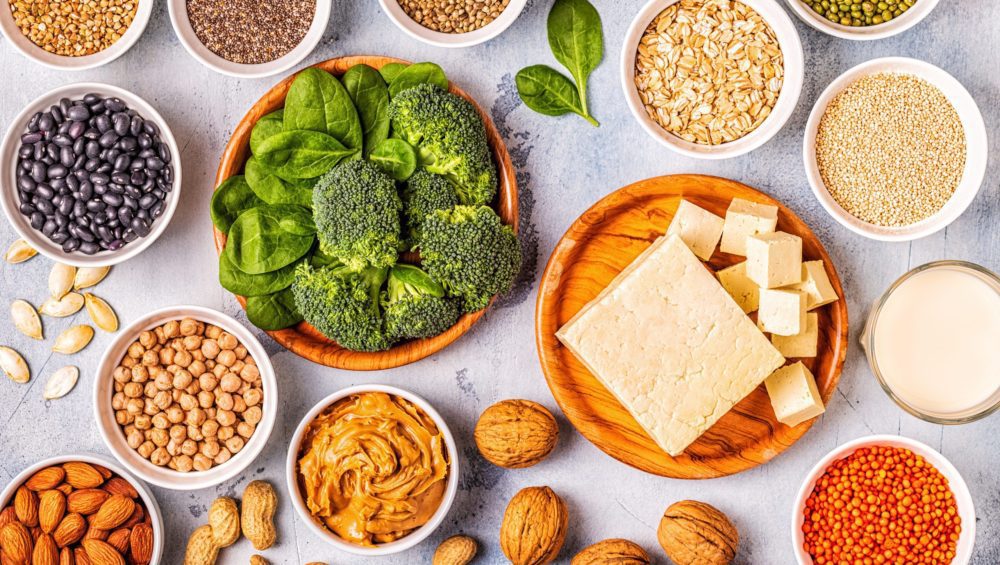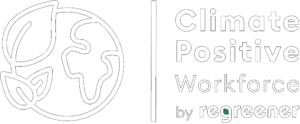Our food consumption has a major impact on the environment. When producing the food, greenhouse gases and pesticides are released. In addition, necessary raw materials, such as water and nitrogen, are also lost. Nowadays there is more awareness about our behavior and the impact that our behavior has on nature, including in the field of nutrition and sustainability. That’s why in this blog: what happens if we don’t eat more sustainably?
What is sustainable food?
Sustainable food, which comes from the generic word sustainability, is a broad concept; for example, one person thinks of animal welfare and the other of fair trade (fair trade). The government has given a broad definition of sustainable food, which involves production and consumption with respect for people, animals and the environment. This definition includes all aspects of food quality, such as animal welfare, nature conservation, environment and climate and fair trade.
How can you eat sustainably?
I want to eat sustainably, but don’t know how? That is past tense. In this blog, 7 steps are given on how you can eat sustainably.
- Eat less red and processed meat and choose fish, legumes and nuts more often. These are good meat substitutes that have less of a burden on the environment.
- Waste as little food as possible. How? Buy and cook custom. Less wasting means a lot of benefit for the environment.
- Eat appropriately, and not too many snacks and sweets. By not taking more than you need, no extra food has to be made and transported than necessary, which is beneficial for the environment. Not only the environment benefits from this, but of course also us as people. Snacks and sweets provide a lot of calories, which is associated with an unhealthy lifestyle.
- Drink mainly tap water, tea and coffee. Soft drinks, juices and alcohol are not good for the environment and your health.
- Switch to plant-based alternatives to dairy. For example, consider oat yoghurt, vegetable cheese or soy milk. Today there is a wide range of plant-based alternatives.
- Choose seasonal products and look at the origin. This reduces the burden on the environment, as these products move quickly from land to the store.
- Choose one of the 10 top quality marks for sustainable products.
What happens if we don’t eat more sustainably?
Now that you know how to eat sustainably, it’s important to know why you’re doing this. Because what happens if we don’t eat more sustainably? If we don’t reduce our global greenhouse gases, there will be more starvation deaths and more natural disasters and floods. The world is warming, which means the weather is also getting more extreme; more intense hurricanes, more frequent heat effects and very much or no rain at all. In the Netherlands too. It sounds like a long-term problem, but reality is different. Look at the European heat waves of 2019. These were the deadliest natural disasters to occur in 2019.
The biggest problem is the food industry, especially livestock and agriculture. Livestock farming is responsible for no less than forty (!) percent of all greenhouse gases released during the production of food for the average Dutch person. Did you know that even beef from our own country is equivalent to 22 kilograms of CO2 per kilo? This is equivalent to a car journey of 111 km. The food industry depends on you as a consumer; the large companies adapt themselves when consumers change their behaviour.


